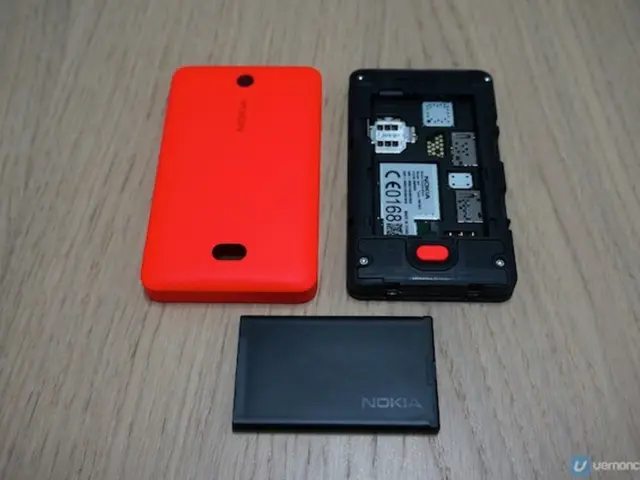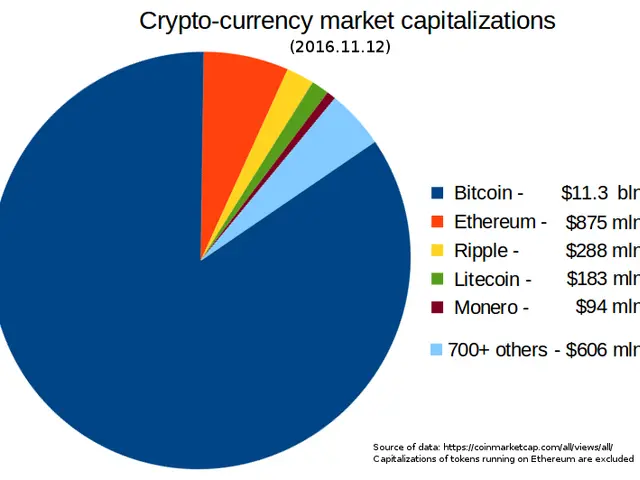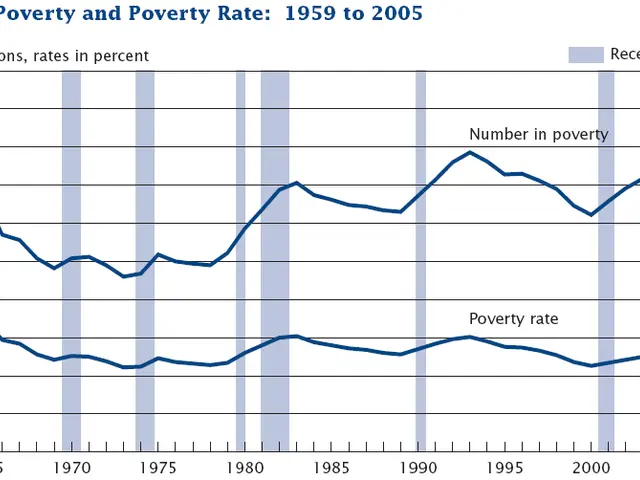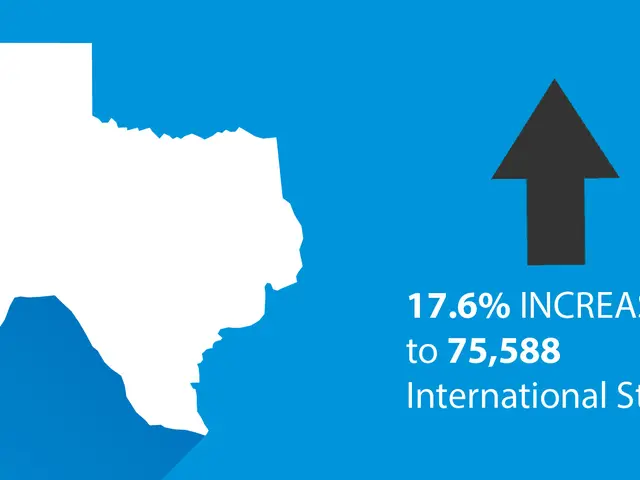Importance of Decentralization in Web3 over Web2
In the digital landscape, a new era is emerging - Web3. Built on blockchain technology, this next evolution of the internet aims to shift power away from centralized platforms and hand it back to users.
At the heart of Web3 is decentralization, the core difference from its predecessor, Web2. Decentralization spreads control across users, empowering everyone, not just corporations, to own and control their own piece of the digital world. This offers possibilities for digital sovereignty and greater privacy, a stark contrast to the surveillance capitalism prevalent in Web2.
One of the key benefits of decentralization is financial inclusion. Decentralized finance (DeFi) platforms like Uniswap allow peer-to-peer trading of cryptocurrencies, cutting out intermediaries and giving users more control over their funds. This opens up opportunities for people previously excluded from traditional financial systems to participate in decentralized finance and own digital assets.
In the realm of gaming, decentralization takes center stage as well. In Web3 games, players own their assets (like skins, weapons, or characters) as Non-Fungible Tokens (NFTs), allowing them to buy, sell, or trade items freely. This offers true control and potentially earning from their assets.
Decentralization also ensures peer-to-peer transactions, distributed governance, and self-hosted wallets. Users have self-sovereign identity and self-hosted wallets, giving them control over their personal data and digital assets.
Open-source protocols in Web3 make everything transparent, with every transaction, every rule, every decision recorded on a public ledger. This transparency fosters trust and accountability, making the system more resilient and harder for anyone to manipulate.
However, decentralization is not without its challenges. Scalability is a significant issue, as many decentralized networks struggle to handle a massive volume of transactions quickly and efficiently. Hybrid models are becoming more popular, combining centralized and decentralized elements to take advantage of the benefits of each.
Decentralization in Web3 offers resilience, more control in the hands of the users, less dependence on centralized powers, and a network that works together to ensure fairness and transparency. As we continue to navigate this digital frontier, the potential for a more equitable, transparent, and user-centric internet becomes increasingly clear.








